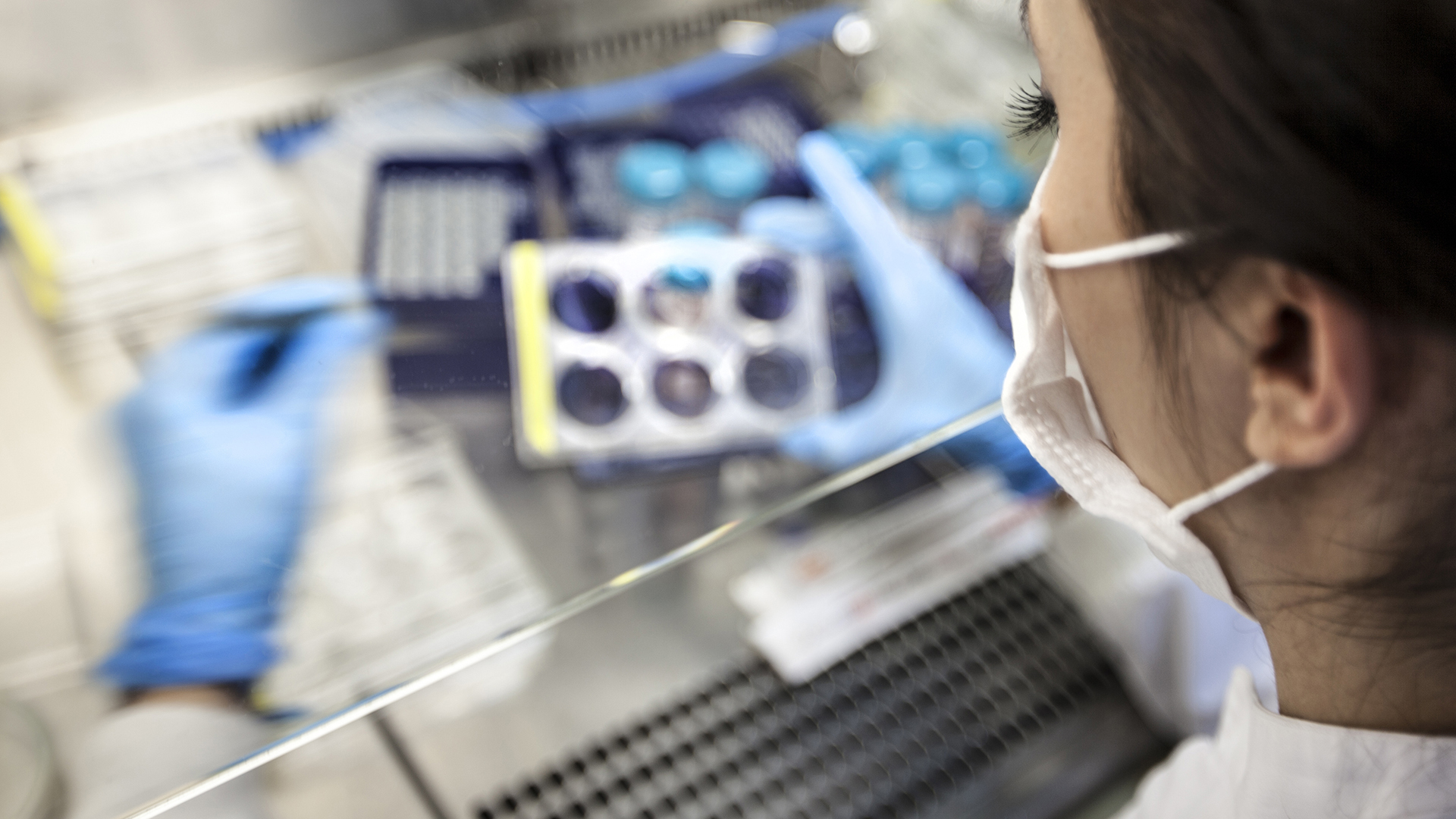Stem cell innovation provides new hope for congenital heart disease


Researchers at the University of Bristol have developed ‘stem cell plasters’ that could change the future of treating congenital heart disease in children.
Heart defects are the most common type of anomaly that develops before a baby is born. Around one in every 100 babies is diagnosed with congenital heart disease every day in the UK. It can cause several symptoms in babies and children, including rapid heartbeat, swelling of the legs, extreme tiredness, a blue tinge to the skin and tiredness during feeding.
Currently, for many of these children, surgeons can perform open-heart surgery to temporarily repair the problem. However, the materials used for the patches or replacement heart valves are not completely biological and cannot grow with the baby. As a result, they can be rejected by the immune system, leading to failure in a few months or years. This means that some children will require multiple heart operations.
The research was funded by British Heart Foundation (BHF).
Stem cell plasters to improve congenital heart disease surgery rates
BHF Professor Massimo Caputo has developed the first type of stem cell patch that repairs abnormalities to the valve in the large blood vessel that controls blood flow from the heart to the lungs and mends holes between the two main pumping chambers of the heart.
The stem cell plasters are sewn into the area of the child’s heart that needs repairing during surgery. The stem cells could boost the repair of heart tissue without being rejected by the child’s body.
The innovative patches have the potential to grow with the child’s heart as they age, removing the need for repetitive congenital heart disease surgeries.
Around 200 repeat operations for people living with congenital heart disease every year in the UK. By adopting this new stem cell technology, it could save the NHS around £30,000 for every operation no longer needed.
Clinical trials to start in the next two years
The BHF awarded Professor Caputo nearly £750,000 to begin testing in patients and to kickstart clinical trials within the next two years, helping more children and babies with congenital heart disease to have an improved quality of life. The researchers have found the materials are safe for animals.
Furthermore, the team are also in the early stages of developing new stem cell technologies which employ 3D bioprinting and gene therapy to hopefully help people with more complex congenital heart defects.
Massimo Caputo, BHF Professor of Congenital Heart Surgery at the Bristol Heart Institute, University of Bristol, said: “For years families have come to us asking why their child needs to have heart surgery time and time again. Although each operation can be lifesaving, the experience can put an unbelievable amount of stress on the child and their parents. We believe that our stem cell patches will be the answer to solve these problems.
“Our ultimate vision in the next decade is to create a paradigm shift in the way doctors treat congenital heart disease, by developing personalised stem cell and genetically-engineered treatments for the most complex of heart defects.”
The post Stem cell innovation provides new hope for congenital heart disease appeared first on Health Europa.
